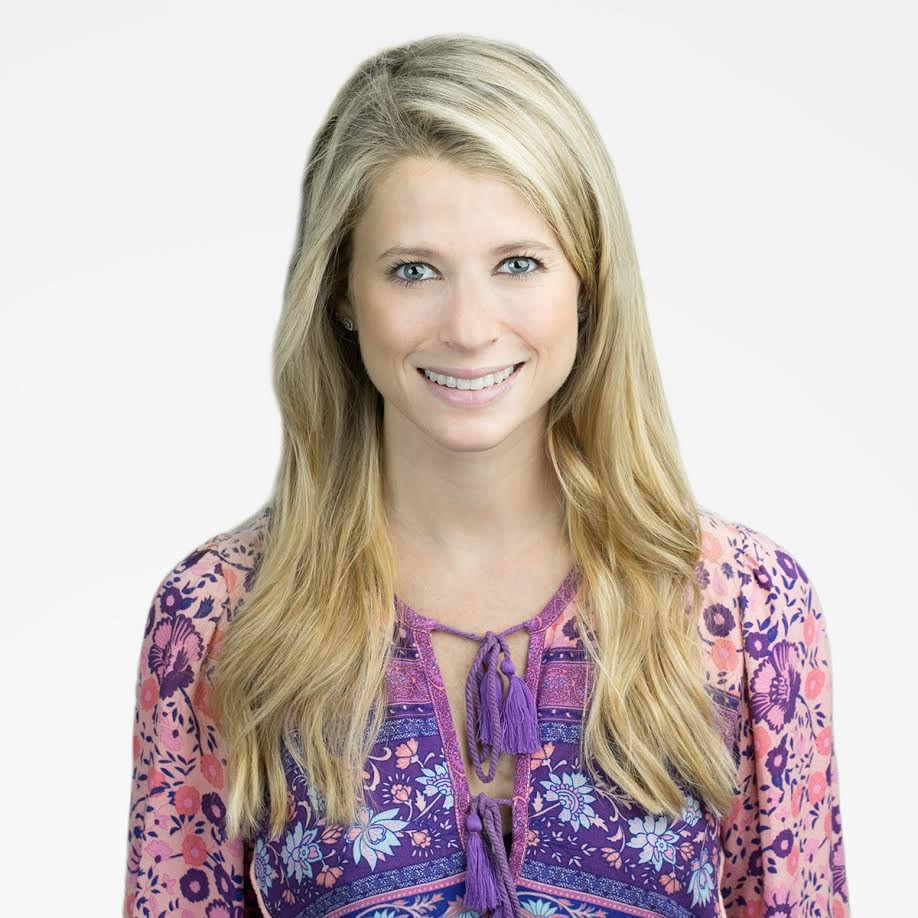Lyft's Bette Ann Schlossberg: Influencer Marketing Is Not One Size Fits All

Influencer marketing continues to grow and command more attention from brand teams. No longer the new kid on the block, the world of influence has a new maturity and whole new challenges to maintain its relevance. Bette Ann Schlossberg, Director of Influencer Marketing and Entertainment at Lyft, has been at the forefront of influencer marketing. First at Google and now in her current role, she is uniquely positioned to share her thoughts on the right influence mix and its place in culture, as she made clear in a recent interview.
Philip McKenzie: Given your experience in both advertising and influencer marketing -- first at Google and now at Lyft -- why do think that an influencer marketing strategy should be included in overall brand strategy?
Bette Ann Schlossberg: Influencer marketing shouldn't be your only strategy, but it should be a part of your strategy. Many marketers get this wrong. In my experience, effective influencer marketing requires a tiered approach and understanding that one size does not fit all. You have to activate throughout the influencer ecosystem from small/micro-influencers to those with large followings. When you combine that with an integrated approach to the rest of your marketing strategy, you begin to build something that is very powerful.
McKenzie: It's interesting that you mention different types of influencers. Does one type of influencer add more value than another?
Schlossberg: Micro-influencers don't have the household name, but they have a highly engaged audience. I work with micro-influencers to get access to that engagement. Household celebrities/tier one influencers can provide valuable media and PR opportunities, but the engagement could be lower. We recently did an Earth Day campaign at Lyft that focused on micro-influencers and we found the content and comments really resonated and were Lyft-centric. Conversely, we also included Jared Leto and the comments were more about how hot he is. So, there are impressions, which are valuable, but it is different from the engagement generated by those with less followers.
McKenzie: I recently interviewed Douglas Rushkoffand we spent time discussing engagement, it's relevance and how it is measured. How do you make the argument that engagement from a micro-influencer is more relevant than numbers you might get from a celebrity?
Schlossberg: I think you need both. You need a strategy that provides the opportunity for high engagement, as well as press inclusion and high impressions. Micro-influencers are important to us to ensure high engagement rates. Lyft has a highly manual process for us. We are reading all the comments and getting a sense of our audience sentiment. So, we are really using the entire landscape to determine what is effective and what our audience is responding to.
McKenzie: Recent reports have indicated that trust in influencersis decreasing. Is that something you think about?
Schlossberg: Authenticity is the only thing that will keep a high level of trust. Lyft has a process that highly vets influencers. I am not interested in influencers that are just slinging product. I am looking for someone who is a culture creator, who is a maverick, who has his/her own vertical. We need people who are pushing boundaries. Authenticity means fewer challenges with building trust. Consumers can see through brands working with influencers when there isn't a fit. We avoid that by making deliberate choices with our influencers. Consumers are smart and we respect that.
McKenzie: Given the financial, intellectual and brand resources for an influencer strategy, what type of argument do you make to justify a particular engagement?
Schlossberg: Influencers provide a steady drumbeat of engagement that is very scalable. Ideally, you want to create a brand-owned influencer event that is a true partnership. It is very easy to justify the resources because the results speak for themselves. I had success with this at Google and do the same here at Lyft. We host events around specific campaigns on topics that are brand relevant. Influencers want to attend these events because they are one-of-a-kind experiences. In essence, we are creating a community and they naturally become advocates for your brand.
McKenzie: What are some highlights you can share in your influencer programs that have been particularly effective?
Schlossberg: Working with Google, I was focused on hardware and the Pixel 2 launch was a priority. We created a murder mystery dinner that could only be solved using the features of the Pixel 2. We got the phone in the hands of influencers; they would have to use it and it would be interactive. Essentially, we created an event that would go on living as it was shared on social. Attendees had to work together during the dinner, so they made relationships. It's a strong example of a win/win for the brand and the influencers involved. I have done activations with John Legend, Skrillex and Jeff Koons where we created original use cases for the product that were impressive and made it all come alive. Recently, for Lyft, we were the official rideshare for Sundance Film Festival and we created a whiskey tasting and dinner event for key influencers. Again, the rationale being we need to bring these people together and entertain, teach and ensure it is a rich environment. Also, at Lyft we understand the power of advocacy for the values and concerns of our consumers. Our participation in the Pride parade and teaming up with Queer Eye's Bobby Berk is another highlight.
McKenzie: What do you think is the next phase of influencer marketing? Are you optimistic about the future?
Schlossberg: The next phase of influencer marketing is connected to measurement. Instagram has announced they might be doing away with "likes," which is a game changer. Instagram stories will likely become even more important as a source of original content. It means the way in which we measure engagement will change. As a result, we will have to work more closely with our influencers to provide more information about their followers. Influencers as content creators will be the new normal. All of this makes me incredibly optimistic. This is an extension of media that is here to stay and there is incredible power to be harnessed in connecting your brand to influencers.
Click the social buttons above or below to share this story with your friends and colleagues.
The opinions and points of view expressed in this content are exclusively the views of the author and/or subject(s) and do not necessarily represent the views of MediaVillage.com/MyersBizNet, Inc. management or associated writers.


